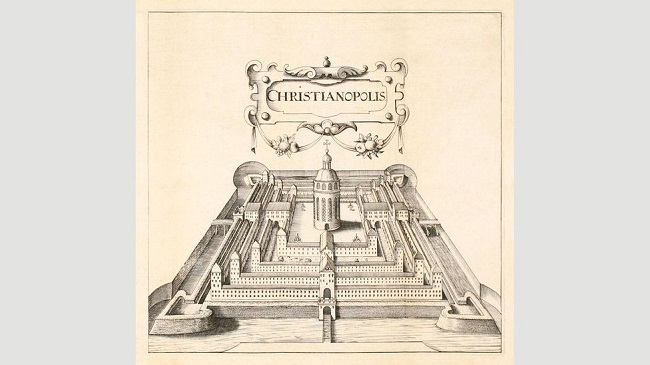The literary phrase utopia refers to an imaginary setting that gives the reader the impression of a perfect society. In contrast to the idealism associated with the afterlife in Christianity or other religions, the term “perfect society” in this context refers to ideal conditions attained in the real world.
In addition, those living in such utopias uphold the highest standards of morality, or at the very least, those who transgress are severely punished. In a utopian society, all social ills have been eradicated.

Heterotopia and Utopia
The difference between a hypothetical utopia and a real heterotopia must be understood. The phrases shouldn’t be thought of as being mutually exclusive, though. They signify a liminal experience that includes both real and imaginary events. The majority of the heterotopias that Foucault offers as examples have multiple utopian elements. However, in the interpretation of heterotopia, the connection between these two ideas has a tendency to be overlooked.
Literature from a Utopian Perspective
Utopian literature is regarded as literature that focuses on describing a perfect society in the real world as opposed to a flawless society in the afterlife. Political, social, and philosophical goals were the original inspirations for utopian literature. The Republic, written by Plato in 380 BC, is frequently cited as the earliest instance of Utopia in human history.
The idealisation of King Arthur’s court at Camelot contains certain utopian features that can be found throughout Arthurian literature, although the practise of mediaeval poets was to romanticise an imagined past rather than to use hypothetical utopias to critique political systems and advocate alternatives. By the time Sir Thomas More’s work Utopia, which was published in 1516, was written, the idea of a utopia had already come to pass. As a result, the name he gave his fictional kingdom also began to be used for the literary genre.
Examples of Utopias Reveal Common Traits, Such as The Following:
a thorough explanation of the geographical landscape, frequently provided by local guides.
The protagonist of the story, the narrator, is not a member of the utopian society.
He has a very dim view of the contemporary political, social, economic, and ethical issues facing society.
Utopian models are frequently misunderstood, with one misconception being that they represent a superior way of life. Contrarily, the purpose of such writing is to aid the reader in understanding the issues, contradictions, or flaws inherent in such a political framework.
Utopia in Literature Examples
The examples shown below illustrate several utopian worlds:
The City of the Sun by Tommaso Campanella, 1619, and Johannes Valentinus Andreae’s Description of the Republic of Christianopolis, 1619 Francis Bacon’s New Atlantis, from 1602. 1627 Samuel Gott’s work from around 1649, “Nova Solyma, the Ideal City”
Gerrard Winstanley published The Law of Freedom in a Platform in 1652.
Edward Bellamy’s Looking Backward 1888
William Morris’ News from Nowhere 1890
Theodor Hertzka wrote Freeland: a Social Anticipation in 1891.
- G. Wells wrote A Modern Utopia in 1905.
The Purpose of Utopia
The image that represents the idea of paradise has undergone significant changes over time. War, church reform, revolution, and economic transformation are just a few of the occurrences that have aided in the creation of a new kind of paradise.
The word “utopia” created numerous prefixes and forms, each with its own purpose and use. They are typically used to help the reader create an orderly society in their minds. The author uses the instrument to draw attention to the contradictions present in the current political and judicial system.
The reader is given the concept of an ideal sociopolitical culture by framing a utopian society in this way. In order to make his audience aware of the myriad flaws in their current social structure, the author uses utopia as a standard example of a socially and ethically suitable society.
Read Also:
- Why is Derek Chauvin Writing So Much
- It Takes a Licking And Keeps On Ticking
- Lou Gehrig Day Remembering The Iron Horse
Last Words
A political structure’s weaknesses can be revealed by using utopia as a tool. Additionally, writers who wanted to influence readers’ consciences frequently used this approach. The author employs utopia to paint a picturesque picture in the reader’s mind, hoping to fully help him understand the different varying aspects contributing towards the shortcomings of the existing society. In order to critique the dominant legal rules, it concerns the reader’s mental construction of a typical social culture.









































